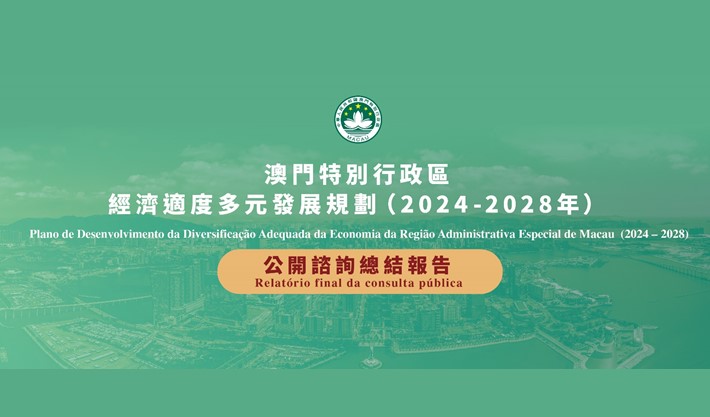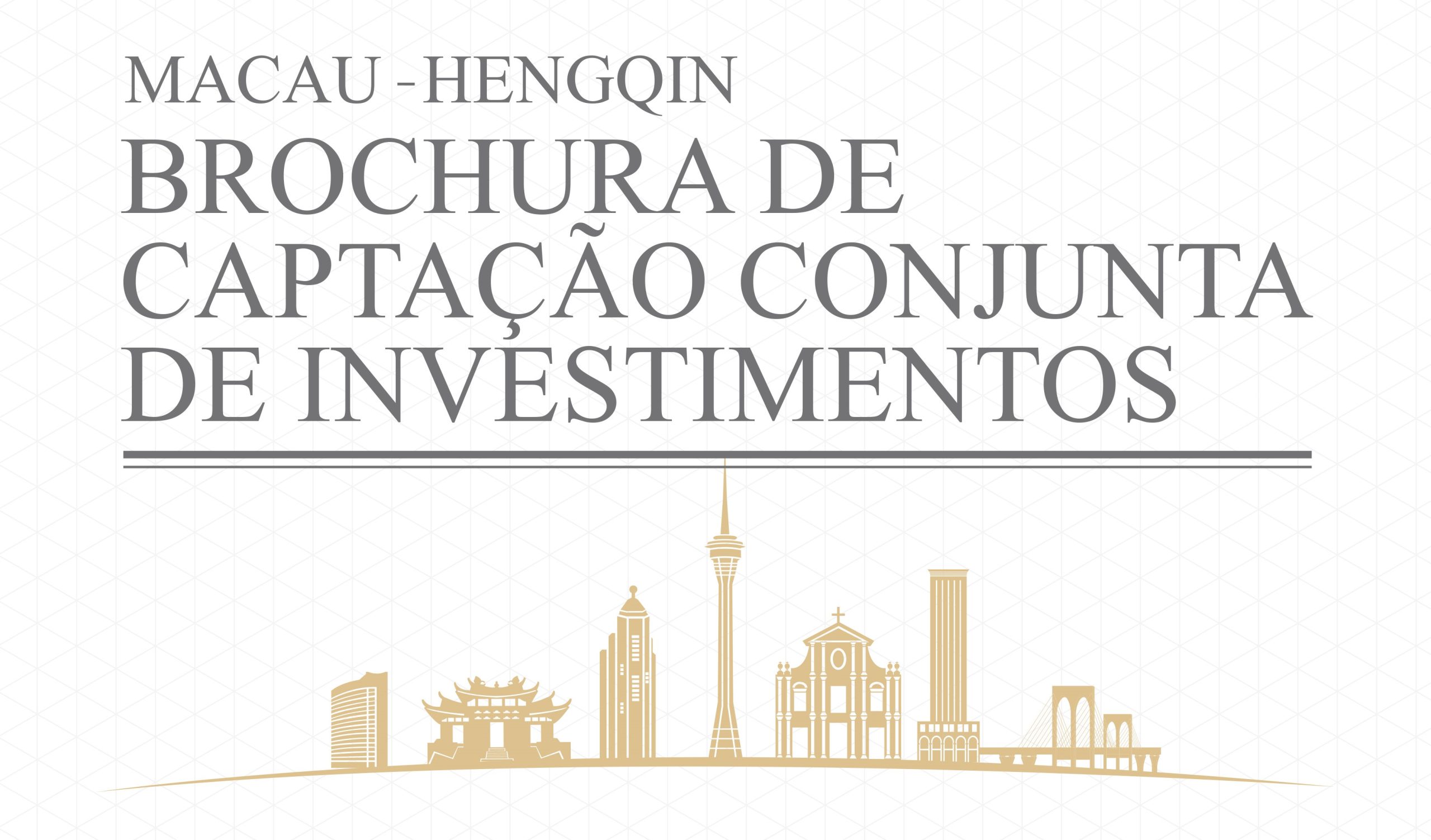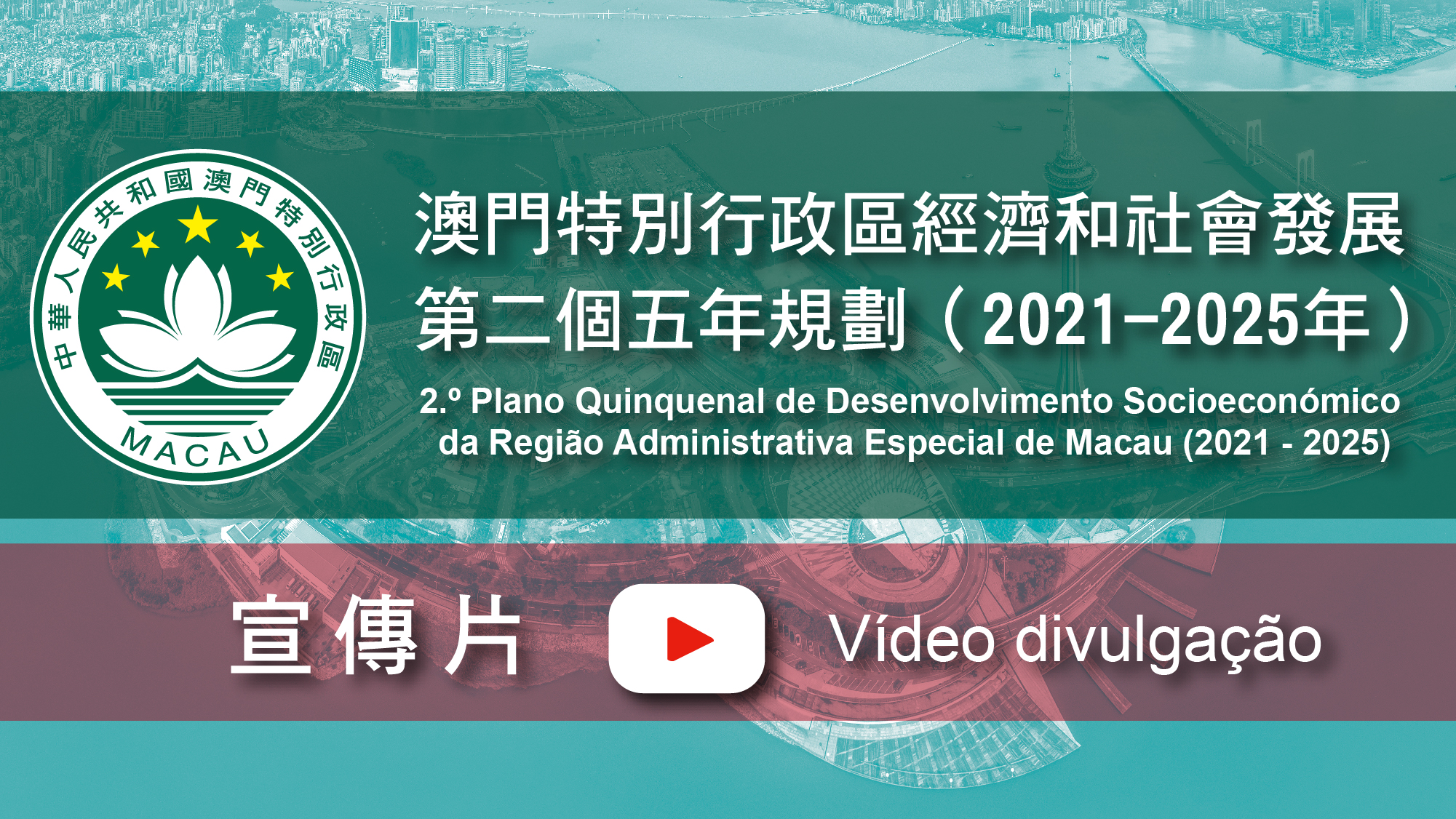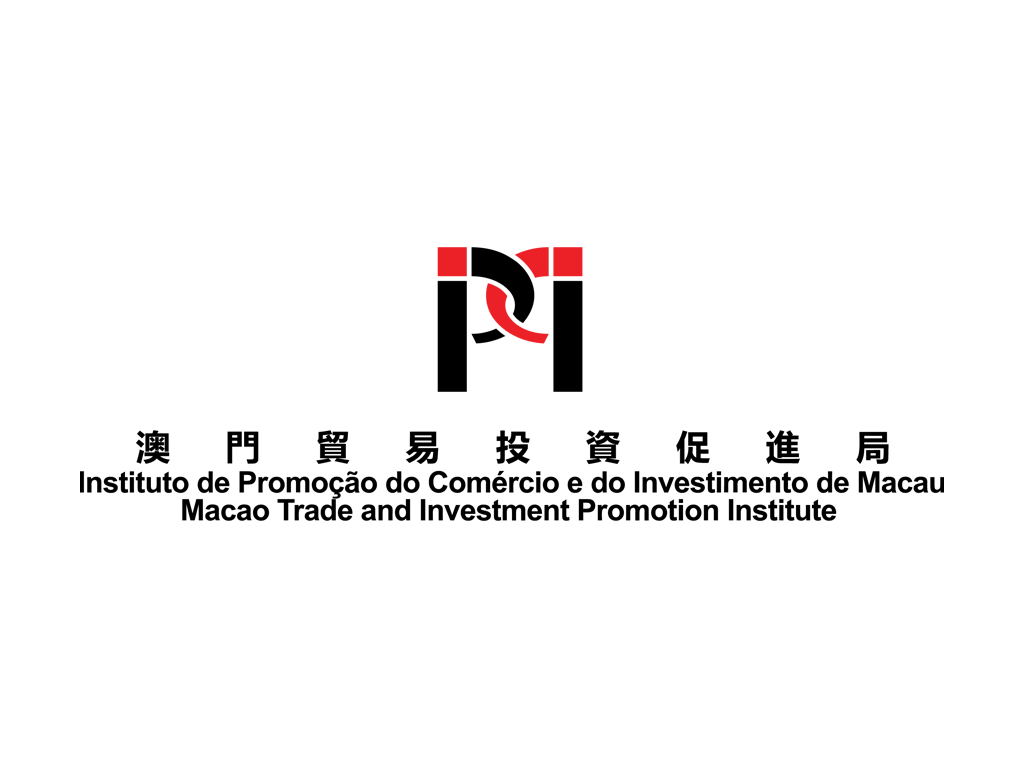Pesquisar
Supplement IX to Mainland and Macao Closer Economic Partnership Arrangement (CEPA) came into effect on 1 January 2013. The early and pilot implementation measures in Guangdong province and the innovative policies of Hengqin are key to promoting liberalisation in the trade in services in the two regions. Currently, the total number of sectors liberalised under Trade in Services totalled 48, involving 318 measures. According to the WTO’s GATS Services Sector Classification, the number of service sectors which the Mainland liberalised involving Macao industries is 149, accounting for 93.1% of its total of 160 service sectors. Following the full implementation and enhancement of CEPA, it will continue to play an important role in promoting Mainland and Macao economic development and trade co-operation.
Over the years, CEPA’s liberalisation measures have provided increased business opportunities and development potentials for Macao’s SMEs and service sectors in tapping the Mainland market. As early as 2004, CEPA included SME co-operation into the scope of Trade and Investment Facilitation. A total of 429 Macao Service Supplier Certificates have been issued during the period from January 2004 to November 2011. As of the end of 2011, a total of 806 Macao individually owned corporations were registered on the Mainland.
To assist SMEs explore the Mainland market, IPIM’s SME Service Centre (SMEC) has been serving local SMEs through a series of mechanisms and provides assistance and support in tapping Mainland market, such as seizing business opportunities brought by CEPA to expand their businesses.

NEW MEASURES UNDER SUPPLEMENT IX TO ENHANCE CO-OPERATION
Supplement IX to CEPA was signed in Macao on 2 July 2012. Other than the Early and Pilot measures in Guangdong, the innovative policies of Hengqin, as well as lifting the restrictions on the number of people engaged in the operation and the business area of individually owned corporations, two new sectors, namely education services and railway transport services will be introduced under Supplement IX to CEPA. Considering the business need of Macao banks to take part in the development of Hengqin, it is agreed that the total asset requirement at the end of previous year for Macao banks to set up branches or body corporates on Hengqin will be lowered to US$4 billion from US$6 billion. This is the only region on the Mainland in which the threshold to enter the banking sector has been lowered under CEPA and this is also a new policy specially designed for Macao. In addition, allowing Macao service suppliers to expand the scope of recruitment of new students for international schools they set up on Hengqin, or entertainment premises and provide cross-boundary database services on Hengqin, are all beneficial to Macao businesspeople in accelerating their entry and participation in the development of Hengqin.
FURTHER STRENGTHEN GUANGDONG’S EARLY AND PILOT IMPLEMENTATION MEASURES
One of the major features of Supplement IX to CEPA is the continuing expansion of the coverage of Guangdong’s early and pilot implementation measures, 16 liberalisation measures spanning 13 service sectors were introduced in construction, medical, technical testing and analysis, computer and related, printing and publishing, other business services, telecommunications, distribution, education, environmental, banking, recreational, cultural and art, as well as railway transport.
PROVIDE FAVOURABLE CONDITIONS FOR ELIGIBLE MACAO BANKS TO ACCESS HENGQIN
Supplement IX introduces a number of innovative policies for Hengqin, such as allowing Macao banks to set up branches or body corporates on Hengqin, the total asset requirement at the end of the previous year preceding application is lowered from not less than US$6 billion previously under CEPA, to no less than US$4 billion. In other words, Macao registered banks, with year-end total assets of no less than US$4 billion as of the end of 2012, are eligible to tap the Hengqin market. Accordingly, certain Macao banks have fulfilled the above requirements and thus creating greater development potential for Macao’s financial sector. Following further progress and implementation in Hengqin development, Macao-funded banks which are more familiar with local enterprises will give priority to Macao-funded enterprises intending to set up business on Hengqin with financing needs. This will not only provide greater facilitation for local enterprises in tapping the Hengqin market, but also greatly enhance the financial innovative capacity of Hengqin.
LOWERING THRESHOLD TO ENCOURAGE SMES TO PARTICIPATE IN MAINLAND DEVELOPMENT
The liberalisation measures under Supplement IX provide new business conditions and opportunities. Regarding service sectors for individually owned corporations, restrictions on the number of people engaged in the operation and the total business area for Mainland business operated by Macao SMEs have been abolished. Macao permanent residents with Chinese citizenship are allowed to set up individually owned corporations on the Mainland without being subject to the approval procedures applicable to foreign investments, with wider coverage of the scopes in business operation. The liberalisation measures for individually owned corporations will provide more favourable development potentials and operation arrangements for Macao SMEs and encourage local enterprises to enter the Mainland market through the CEPA policy.
After the full implementation of CEPA in Macao in 2004, as of November 2012, accumulated exports of zero tariff goods amounted to MOP354 million and a total of 429 Macao Service Supplier Certificates have been issued under trade in services.
In assisting local SMEs to explore and extend Mainland market opportunities, IPIM’s SMEC upholds the principle of Taking Service as a Fundamental and SME as a Priority and provides business information and services to accommodate the different needs of SMEs at their various stages of development. SMEC seeks to equip SMEs with diverse resources and support them in creating and developing local brands and catering for the different needs for the enterprise’s development.
SMEC information and consultation services not only assist SMEs to acquire market and business information, but also provide plans to promote local brands, products and services. SMEC also constantly organises business opportunities seminar, enterprise negotiation, networking and exchange activities, helping SMEs to establish co-operation networks and explore external business openings. Assistance is also provided to SMEs in seizing CEPA opportunities and exploring new business potentials.
IPIM’s SME Service Centre is located on 19th floor, China Civil Plaza Building, 263 Alameda Dr. Carlos d’Assumpção, Macao, Tel: (853) 2872 8212, Fax: (853) 2872 8213 and E-mail: smec@ipim.gov.mo, Website: http://www.ipim.gov.mo/pt-pt/servicos/macao-business-support-centre/nucleo-de-servico-as-pmes/.
Important Notice:
All information is for reference only. While every effort is made to ensure the accuracy of the information, IPIM will not be held responsible or be liable for failing to guarantee the accuracy of any information provided, nor for any damage caused by inaccurate information or omissions.























